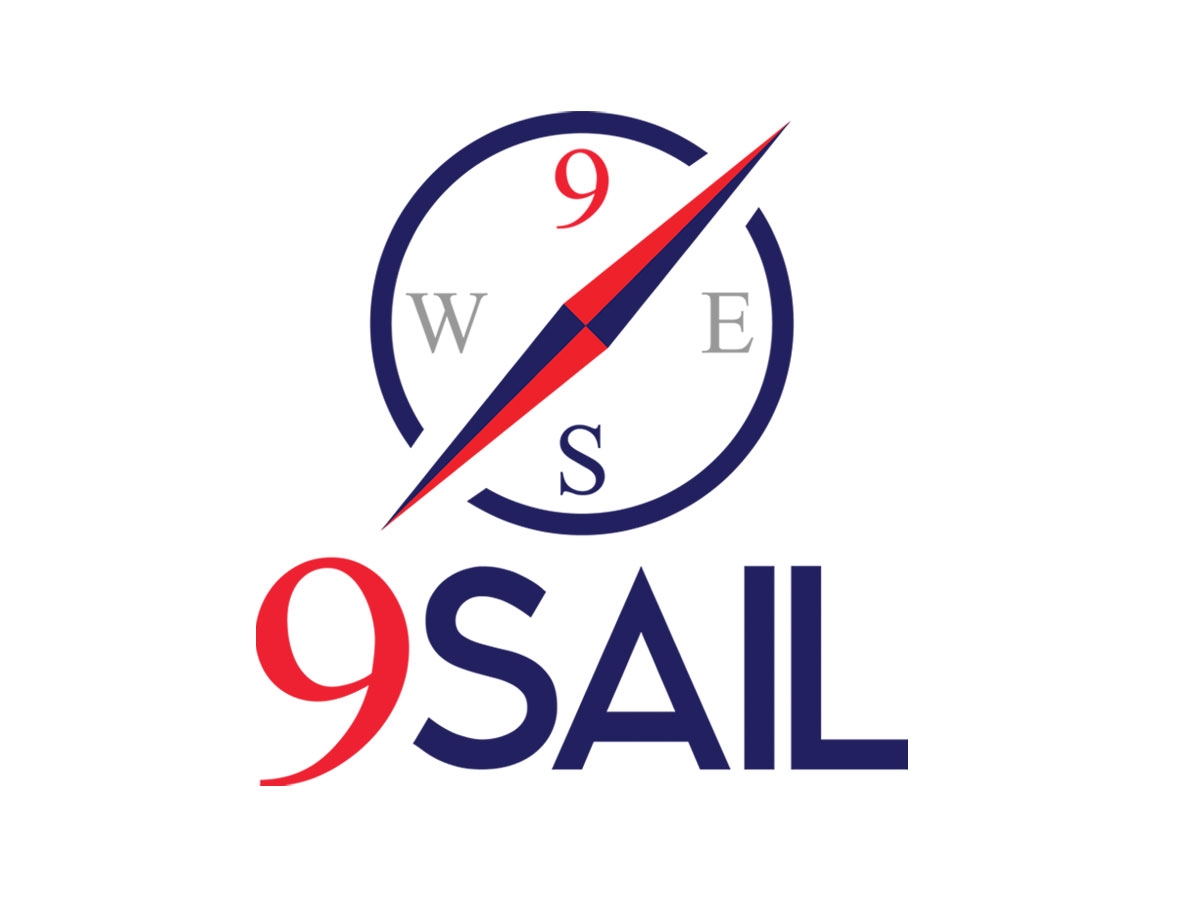The Lawhive Acquisition: The Shape Of Things To Come


Last week, a legal tech company Lawhive reportedly purchased a UK law firm lock, stock, and barrel. According to a story about the acquisition, the law firm, Woodstock, specializes in property law. (Unlike in the US, UK regulations permit non-lawyer entities to own law firms.) This appears to be the first or at least one of the first examples of a legal tech company buying a law firm.
The Lawhive Acquisition
The story describes Lawhive as an AI-powered law firm. It further notes that its AI assistant, Lawrence, is designed to handle various tasks including drafting documents, conducting research, and managing cases. Lawhive operates in various practice areas including property. Google is a significant investor in Lawhive according to the story. Lawhive also operates in the US.
Among other things, Lawhive promises to get quotes for legal service for its clients at up to half the cost of standard law firms. And often for a flat fee.
The Significance and Concerns
The fact that an AI-based legal tech vendor owns and controls a law firm could have a significant impact. Such a vendor would have clear incentive to reduce costs and increase profits by utilizing its AI tools to do most of the work historically done by lawyers. It could thereby reduce staff to recoup its investment.The services traditionally performed by the lawyers and legal professionals in such a law firm would now be done by AI, replacing humans as the primary provider of the legal service offered.
I wondered in such a case whether and how the work being done by such an acquired law firm in the future would be transparent to its clients. Would clients know that AI, not human legal professionals, was handling the majority of their work? Should clients be informed about the vendor’s ownership of their law firm?
In addition, as the vendor’s AI tools become more sophisticatedand do more, would proper precautions be taken to guard against hallucinations and inaccuracies that bedevil all GenAI tools? Vendors typically stretch the capabilities of their tools and downplay the hallucination and inaccuracy issues. If they “drink their own Kool-Aid,” would they be tempted to not require the necessary human checks and sufficiently staff the law firm to do that? Would that hasten the demise of the proverbial lawyer in the loop? Is the future law firms that produce a lot of work but have very few if any lawyers? Does this vendor acquisition predict the future?
Enter Jordan Furlong
I was reminded of all this earlier this week when I read Jordan Furlong’s excellent piece entitled The Divergence of Law Firms From Lawyers. Furlong is one of the most astute observers of the legal and legal tech scene. He’s also a damn good futurist. Furlong believes that the relationship between lawyers and law firms is going to be substantially weakened by AI.
Furlong observes that with AI, “Law firms will become capable of generating output that can be sold to clients with no lawyer involvement at all.” In other words, many of the services done by law firms will be done by AI, not legal professionals and personnel. He notes that much of that for which ordinary people use law firms — legal analysis, legal document preparation, and the legal service delivery — can already be done by AI. For better and mostly worse, at least right now.
Furlong also correctly notes that an LLM can already perform legal tasks that can be directly sold to a client. Furlong says this places the LLM as the primary performer of the legal task which is something entirely new. By using LLMs, law firms could in the future sell legal services to clients without any involvement of lawyers at all. Furlong goes on to note that law firms may be forced to do this by client and cost pressures.
Importantly, Furlong notes that having AI undertaking legal tasks today requires a lawyer in the loop to ensure accuracy and satisfy ethical requirements. “But as Generative AI gets better at performing legal tasks, that oversight will become more perfunctory, and past a certain point, it will taper off altogether.”
Of course, this will fundamentally reshape how legal services are provided and through what vehicle. Furlong muses that law firms may even become extinct, replaced by an online hub. Furlong thinks that what could happen is that future lawyers would still be valuable to only provide services like advising, advocating, strategizing, and the like. They just won’t need law firms to provide them.
The Lawhive Acquisition: An Augur for the Future
Furlong’s predictions aren’t just theoretical now. Given that legal tech vendors are the primary provider of AI services to law firms, it’s not unreasonable to think that there could very well be more acquisitions like the Lawhive one. The vendors might certainly realize that instead of selling the AI to the law firms, who in turn use it to sell its services to clients, the vendor could just buy the law firm, use it as a vehicle to sell the service, and take for themselves the profits from the services.
Indeed, many of the things Furlong suggests in his article could come to pass as a result of the Lawhive and similar acquisitions of law firms. With these kinds of acquisitions, you would have a vendor with sophisticated tools having the capability of controlling how and what work is done by AI and what is done by humans. The acquiring company would have the capability to offer the same kinds of legal services now done by humans through its AI. It would have the capability through the law firm, to offer and sell legal services done by AI.
Indeed, it offers the possibility that the services of the law firm would be primarily done by AI, just as Furlong predicts. And as the AI become more sophisticated, the lawyer in the loop would not long be needed, reducing the need for virtually any lawyer in that law firm. Such acquisitions offer the possibility that the law firm would become that online hub that Furlong envisions. It’s even foreseeable that the vendors could offer the AI supplied services themselves.
We Shall See
We have no way of knowing how the Lawhive acquisition will unfold, but it may be the first domino to fall in a much larger transformation. This kind of acquisition could create exactly the scenario Furlong envisions which is why Lawhive buying Woodstock feels so significant and potentially predictive of the future.
Stephen Embry is a lawyer, speaker, blogger, and writer. He publishes TechLaw Crossroads, a blog devoted to the examination of the tension between technology, the law, and the practice of law.









